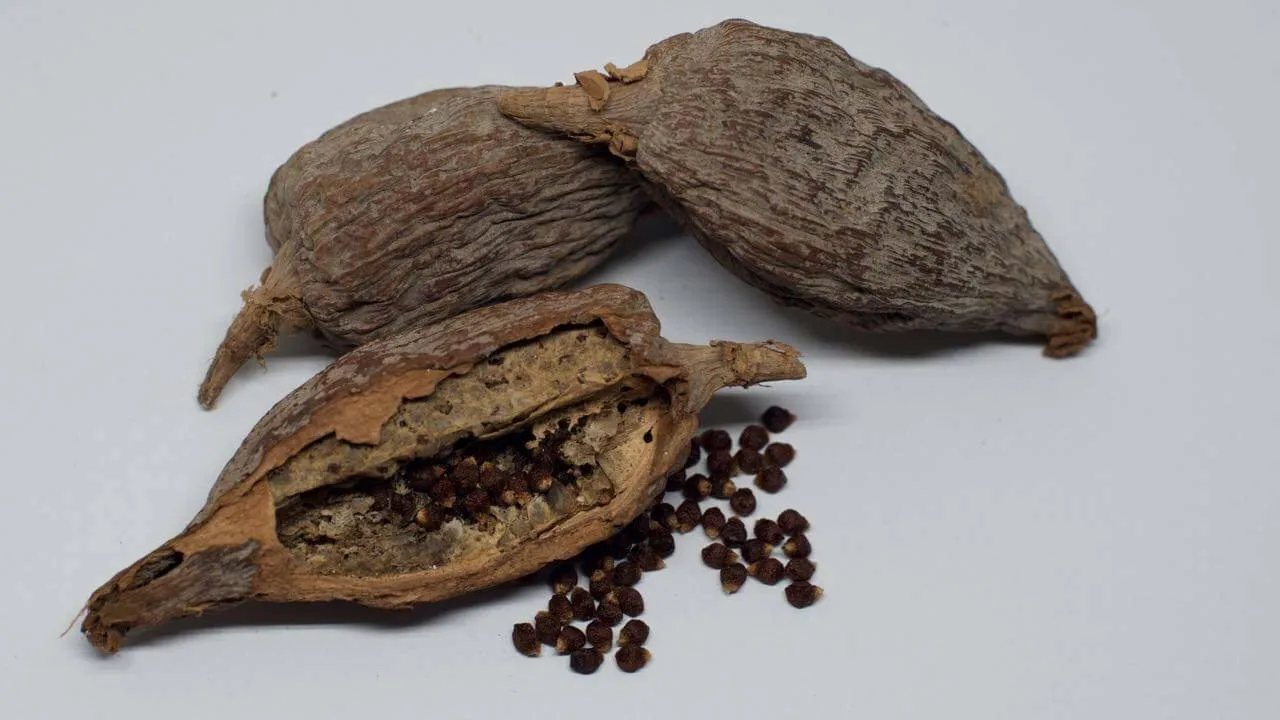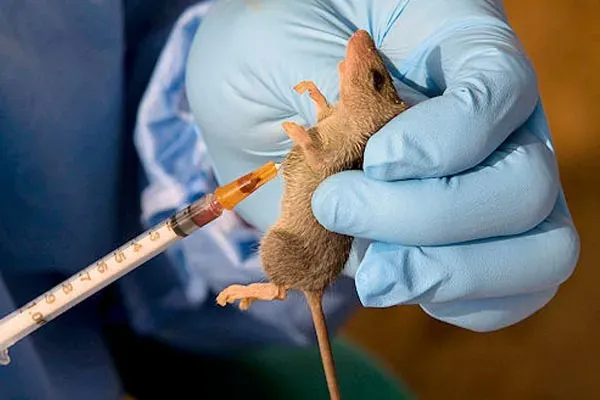Lassa Fever can be a scary virus for the individual that is infected and for those around them. The good news is there are natural treatments and ways to prevent the detection of the virus.
Lassa Fever: What is it and How Do You Get It?
Lassa fever is a serious and sometimes fatal disease that is endemic to West Africa. The disease is caused by the Lassa virus, which is carried by the multimammate mouse. People can become infected with Lassa fever through contact with infected rodents or their urine or droppings. The virus can also be spread through contact with contaminated food or objects.
Lassa fever is a serious disease that can lead to death in a matter of days. Early symptoms of the disease include fever, headache, and general body weakness. These symptoms can quickly progress to more severe symptoms such as bleeding from the eyes, ears, and nose. Lassa fever can also lead to organ failure and death.
There is no specific treatment for Lassa fever and there is no vaccine available to prevent it. Treatment focuses on relieving symptoms and supporting the patient through the disease. Recovery from Lassa fever can take weeks or even months.
The best way to prevent Lassa fever is to avoid contact with rodents and their urine or droppings. If you live in an area where the disease is endemic, it is important to practice good hygiene and cleanliness habits.
Natural Remedies for the Treatment of Lassa Fever
Lassa fever is a serious viral infection that can be deadly. There is no specific cure for the disease, but there are natural remedies that can help to ease the symptoms and improve the chances of recovery. Here are some of the most effective natural treatments for Lassa fever:
Drink plenty of fluids: This will help to prevent dehydration, which can be a serious complication of Lassa fever. Drink water, fruit juices, and herbal teas frequently throughout the day.
Get plenty of rest: fatigue is a common symptom of Lassa fever, so it’s important to get as much rest as possible. Take it easy and allow your body to recover from the infection.
Eat healthy foods: A healthy diet will help to boost your immune system and give you the energy you need to fight off the virus. Include plenty of fresh fruits and vegetables in your diet, as well as whole grains and proteins.
Take supplements: certain vitamins and minerals can help to improve your chances of recovery from Lassa fever. Vitamin C, for example, is a powerful antioxidant that can help to reduce inflammation.
The Role of Alternative Medicine in Treating Lassa Fever
Lassa fever is a serious and potentially fatal illness that is endemic in parts of Africa. There is no specific cure for the disease and treatment focuses on relieving symptoms and supporting the patient through the illness.
While there is no specific cure for Lassa fever, some alternative treatments have been shown to be effective in relieving symptoms and supporting patients through the illness. Herbal teas, acupuncture, and homeopathic remedies have all been used to treat Lassa fever with some success.
While traditional medicine is the first line of treatment for Lassa fever, alternative medicine can play an important role in supporting patients through the illness. If you or someone you know has Lassa fever, be sure to talk to your doctor about all of your treatment options.
Conclusion
Lassa fever is a serious disease that can be deadly if not treated properly. Although it is rare, it is important to be aware of the symptoms and to seek medical help if you think you may have contracted the disease. With proper treatment, most people make a full recovery from Lassa fever.
https://guardian.ng/features/health/herbal-cures-for-viral-haemorrhagic-fevers-hepatitis/

